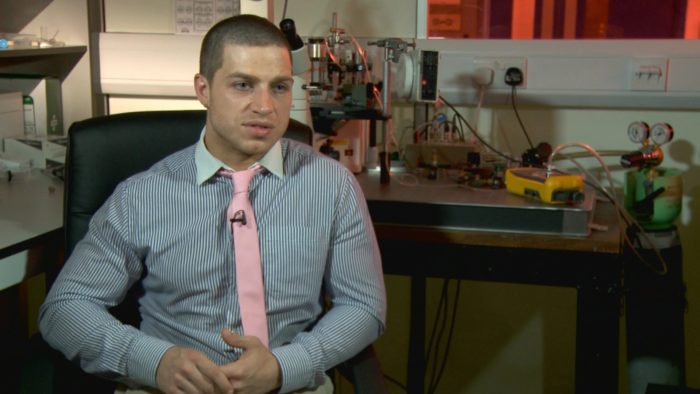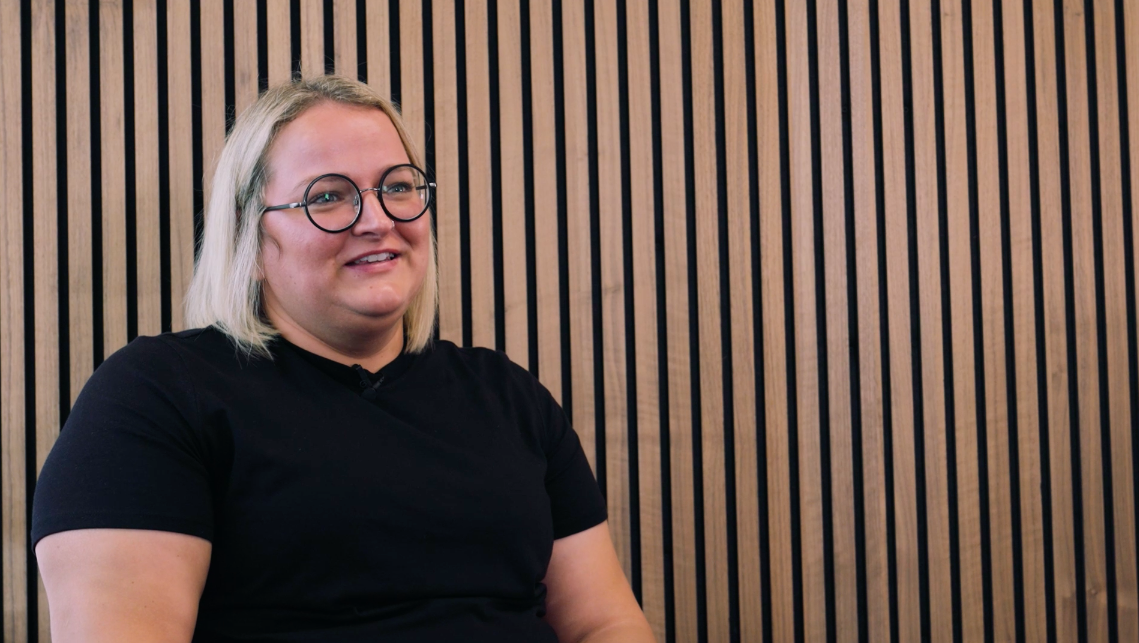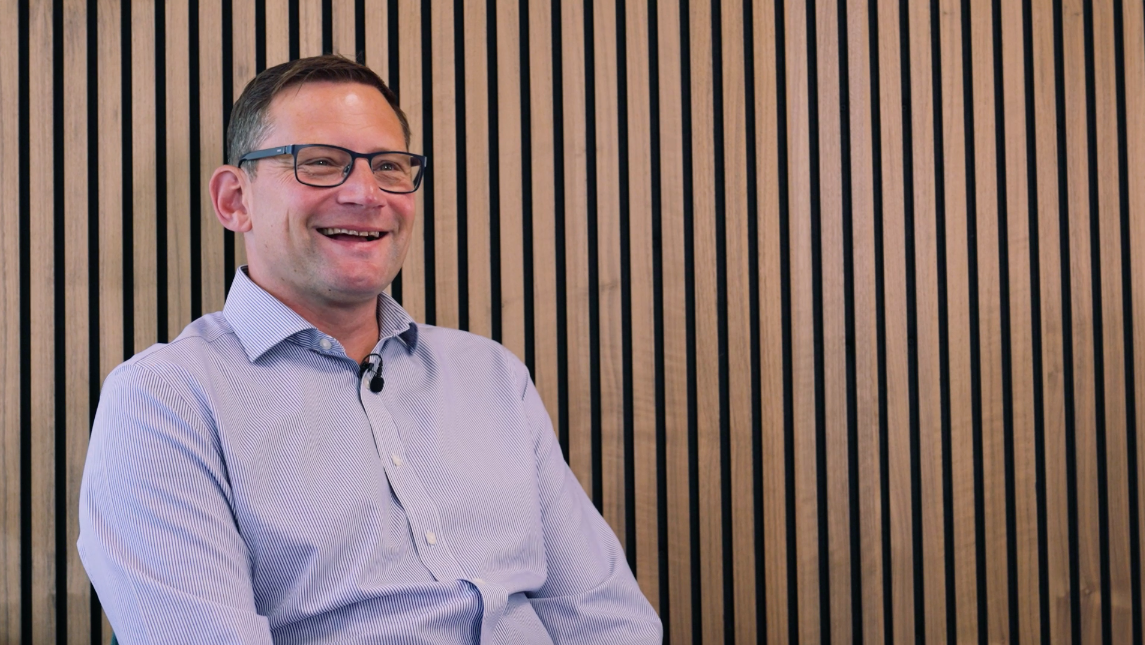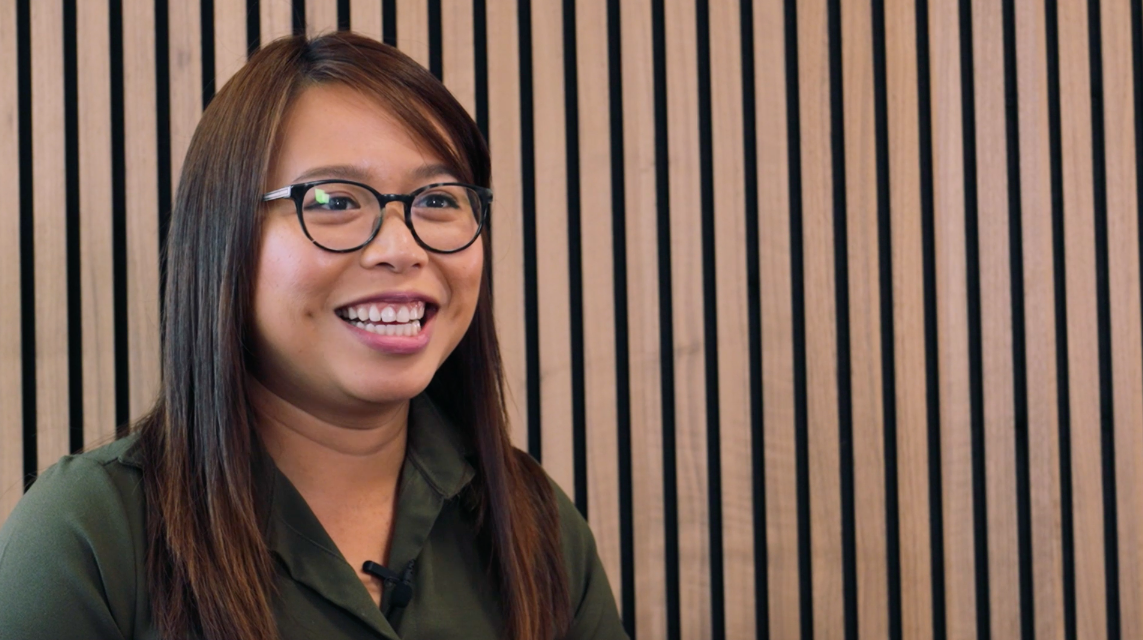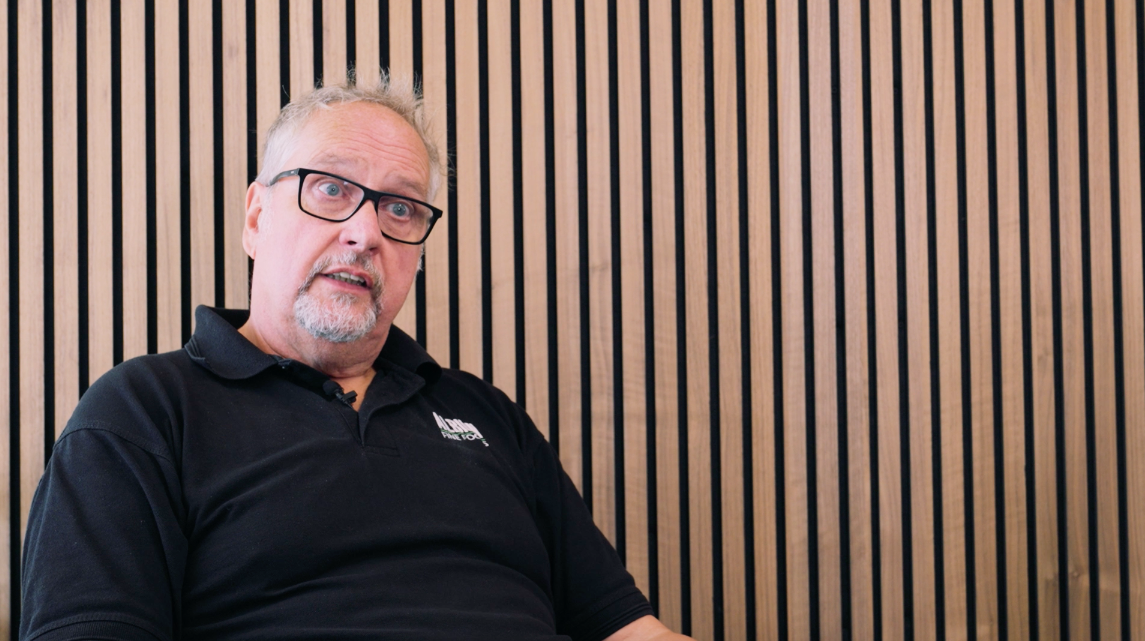What next after your GCSEs?
What next after your GCSEs?

From apprenticeships to A-levels, check out our guide to the choices open to you after your GCSEs and ideas on how to pick the right path for you.
Where to start
Year 11 may mark the end of your school days, but you still have to stay in education or training until the end of the school year when you turn 18.
So what can you do next? Your main choices are:
- Full-time study, such as for A-levels, BTECs or a different college course
- An apprenticeship or traineeship
- A mix of work with part-time study
When you’re working out what to do next, two things can really help:
- Think ahead – the decisions you make now can narrow your choices later. Fancy a particular career? See what you need to do to set you on the right path. Interested in a certain course? Find out where it’s likely to lead. There are always opportunities to change direction and different ways to get to where you want to be, but thinking ahead can make your future life easier.
- Keep an open mind – find out what’s available and then see how each option could work for you. Even if you think you know what you want, there may be alternatives that suit you better.
Staying in education - where to study
If you want to stay in education, you can study at:
- Your current school’s sixth form (if it has one) or a sixth form at another school
- A separate sixth form or further education (FE) college
- A specialist college – these usually focus on subjects such as dance, drama, or agriculture
Look out for open days or evenings where you can visit the college, find out about the courses on offer and speak to staff and students. See what courses involve – the topics you will cover, amount of exams and coursework, and ask what previous students have gone on to do next.
Each school or college is likely to offer a range of different subjects, courses, and learning styles. Some colleges offer part-time courses, or run evening or weekend classes – often called flexible learning – so it’s worth finding out more to discover what will suit you best.
Check out the application process for any colleges that interest you. Applications usually take place in the autumn or spring of year 11, but some colleges take students after GCSE results day, through to the beginning of term. If you’ve missed the application deadline, contact the college as soon as you can, as you may still be able to get a place.
What to study
Options include:
- A-levels – focus on academic subjects and are one of the main routes to university. Courses usually take two years and you sit your exams at the end of the course. See Choosing A-level subjects for more details.
- T Levels – linked to careers such as engineering, finance and health and include an industry placement. Courses take two years to complete. T levels were introduced in 2020, with more subjects being rolled out each year.
- Other vocational qualifications – focus on learning practical skills for work. These include BTECs, NVQs and SVQs. In the coming years, qualifications in some subjects may be replaced by T Levels to avoid overlap and make choices simpler.
Getting back on track
Don’t worry if your GCSEs didn’t go well. Colleges often offer the opportunity to sit retakes and study for new GCSEs or other qualifications. And you may find that life at college, rather than in school, is the change you need to bring a focus to your studies.
Apprenticeships and traineeships
If you’ve had enough of the classroom full-time, and want to learn a new profession, trade or skill, then this could be the route for you.
Apprenticeships are real jobs with training so you can earn while you learn and pick up qualifications as you go. Schemes take between one and five years to complete, so you can choose a level that suits you.
See What is an apprenticeship and where can it lead? for more details or watch apprentice videos.
Traineeships help prepare you for work and last up to six months. They offer maths and English training together with work experience to boost your skills and put you in a better position to get an apprenticeship or job. You can find a traineeship on GOV.UK.
Not Going to Uni has more information and vacancy details for apprenticeships and work-based training. AllAboutSchoolLeavers has advice on school leaver options and job listings.
Getting advice
Speak to your teachers at school. They may have links with local colleges and training providers or know how past students have got on. Parents, carers, friends and relatives may also be able to provide ideas and guidance.
If you want to speak to a careers advisor for help ask your school or visit the National Careers Service.
Find out more
Choosing well: how to pick the right path for you has lots more advice on making your next move.
Can’t decide? Tactics for making decisions has suggestions on how to choose between different options.
icould career videos are a great starting point to discover what careers are out there. Watch videos by subject for real-life examples of the links between subjects and work, or explore videos by job type.
Last updated: 18th July 2023
